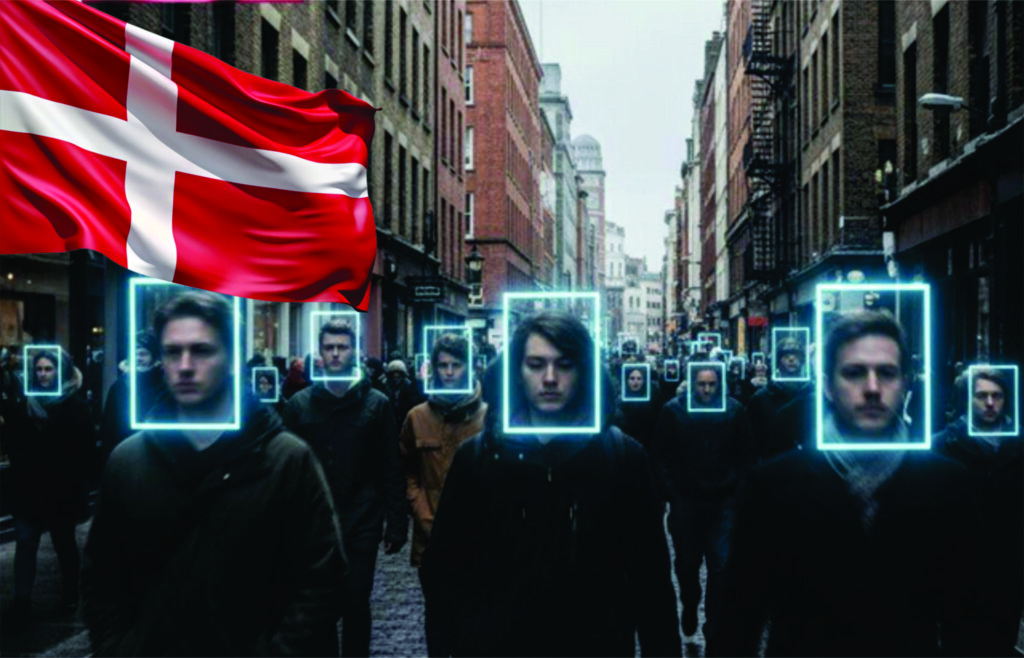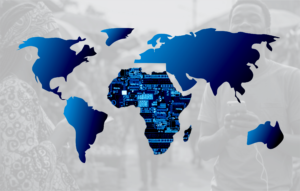Denmark Moves to Give Citizens Copyright Over Their Own Face, in Landmark AI Law

Denmark has taken a bold step into the digital age with a proposed copyright law that would grant citizens full ownership of themselves, which including their face, voice and body data, in an effort to combat the growing threat of AI-generated deepfakes. The proposal, which treats personal traits as intellectual property, could redefine how societies protect identity and consent in an increasingly artificial world.
At its heart, the law reframes personal identity as a form of creative expression. Something owned by the individual, not shared by default. Every Danish citizen would hold copyright over their physical and vocal likeness, meaning unauthorized digital reproductions could be challenged in court. Victims of deepfakes or manipulated media would gain the right to demand removal and claim compensation.
![]()
The move resonates beyond law and technology. Deepfakes have already been used to humiliate individuals, damage relationships, and distort public figures’ reputations. For families, the proposal represents reassurance that personal memories, photos, or recordings cannot be digitally twisted without consequence. Parents in particular, have expressed concern about children’s faces being used in synthetic media. This is an anxiety this law aims to ease.
Denmark’s initiative culturally taps into a growing global conversation about the erosion of authenticity in the digital sphere. As AI-generated content becomes indistinguishable from real footage, questions of truth and trust have intensified. This law reasserts a distinctly human value: that personal identity should remain under human control.
The measure could also empower marginalized communities who have been disproportionately targeted socially, by non-consensual deepfakes. Particularly women and minors. Legal ownership of one’s likeness could shift the balance of power from platforms and perpetrators back to individuals.

With regard to businesses, the law introduces both challenges and clarity. AI developers and media companies would need to secure explicit consent and possibly pay licensing fees to use anyone’s appearance. While this could increase production costs, it also establishes ethical guidelines for AI innovation.
Administratively, Denmark’s proposal positions the country as a digital rights pioneer, much as the EU’s GDPR did for data privacy. If passed, it could inspire similar legislation in Europe and beyond, setting a new global standard for protecting identity in the age of artificial intelligence.
As governments worldwide struggle to catch up with the speed of AI innovation, Denmark’s proposal reframes the debate: in a future where machines can copy anyone, the right to one’s own image may become the most human right of all.









